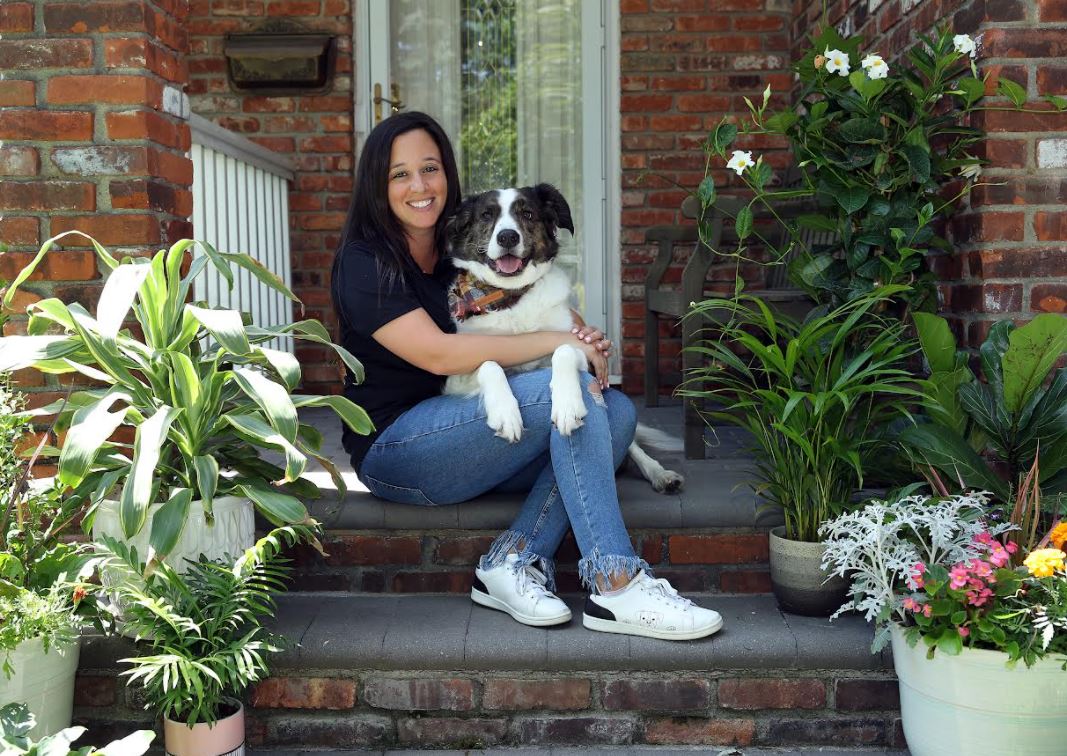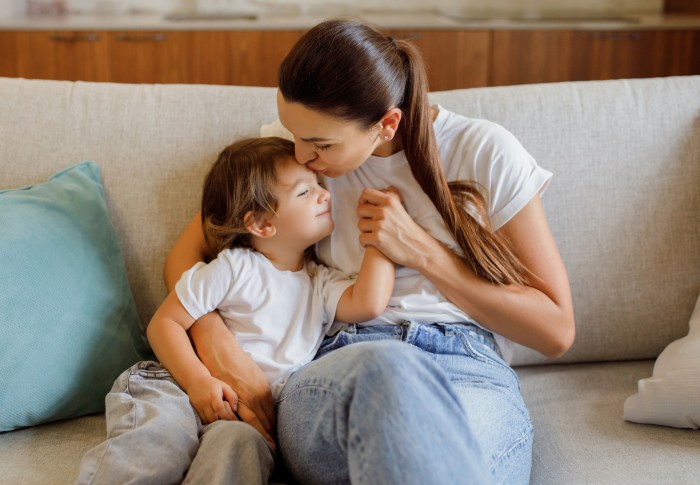We already know Long Island is home to the best human schools in the nation, but there are also a wide variety of excellent dog training schools and programs. Whether you have a new puppy at home or an older dog with a behavioral issue, dog training is a necessity for both dogs and their owners.
With so many programs to choose from, it can be hard to decide which learning experience would work best for your pup. Melanie Hanan, founder/owner of WagMore Dog Training, LLC, has been in the dog training business for more than 10 years and provides two of the most popular types of dog training services for her clients: board-and-train programs and in-home training. “Since dog training is 50 percent human training, the best training experience depends on the owner’s lifestyle and needs,” says Hanan.
“Board-and-train is a great option for owners who may not have the time to work with their pet in the trainer’s absence. It’s also beneficial for dogs with behavioral or aggression issues. A board-and train program typically runs from one to four weeks and when the dog is ready to go home, the training continues for the owner, as this is a key element in the program’s success. Program length and elements are customized based on owner goals,” says Hanan. Board-and-train is also a great alternative to boarding a dog when pet owners go on vacation.
If you prefer to keep your pooch at home, there’s always an option for private lessons. Lessons are tailored to meet the dog’s needs and the owner’s goals, and may be held at home, at the park, or any number of locations to facilitate a well-rounded training program. “Daily practice by the family is necessary for effective learning as well as follow-up maintenance to ensure good results in the future,” says Hanan.
Whether you choose in-house or out of the house training, when weighing options, Hanan suggests doing your homework. “Be sure to read reviews and ask for references. Dog training is an unregulated profession, which means that anyone can claim to be a trainer. Be sure to check certifications and conduct thorough research before moving forward. It’s very important to use trainers that do not teach using fear, submission, and/or intimidation tactics. Positive reinforcement techniques help solidify the bond between you and your dog,” says Hanan.
Remember, every dog learns differently based on genetics, breed, and the presence or absence of early training/socialization, so be patient with your pup. Before you know it, you’ll both be at the head of your class!
For more information about WagMore Dog Training, visit the website at wagmore.dog.
Sign up for Long Island Press’ email newsletters here. Sign up for home delivery of Long Island Press here. Sign up for discounts by becoming a Long Island Press community partner here.

































